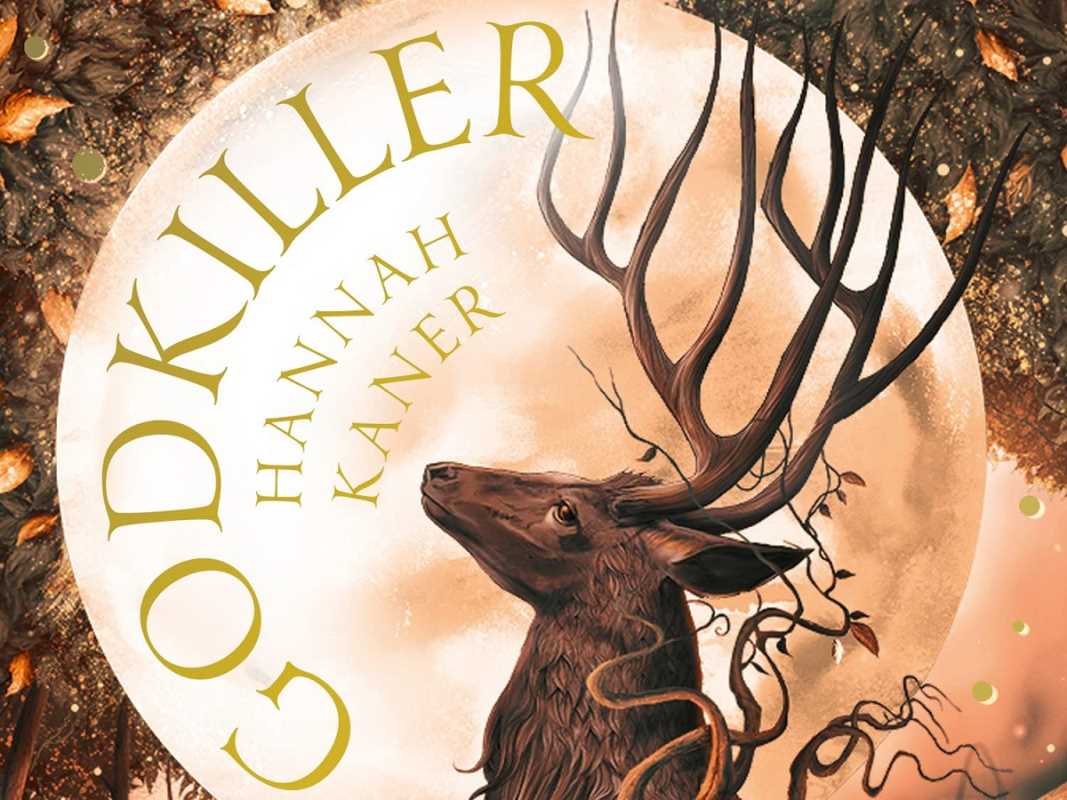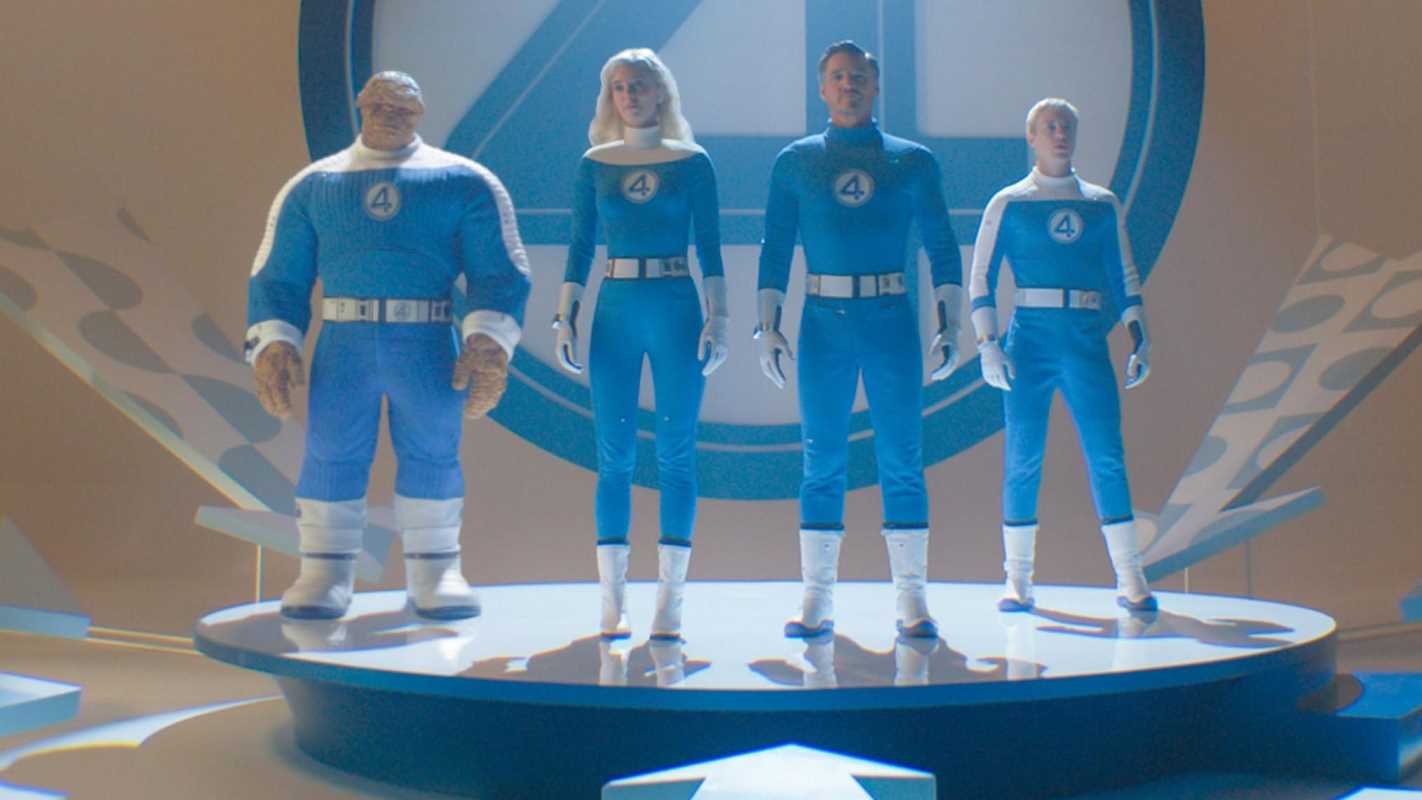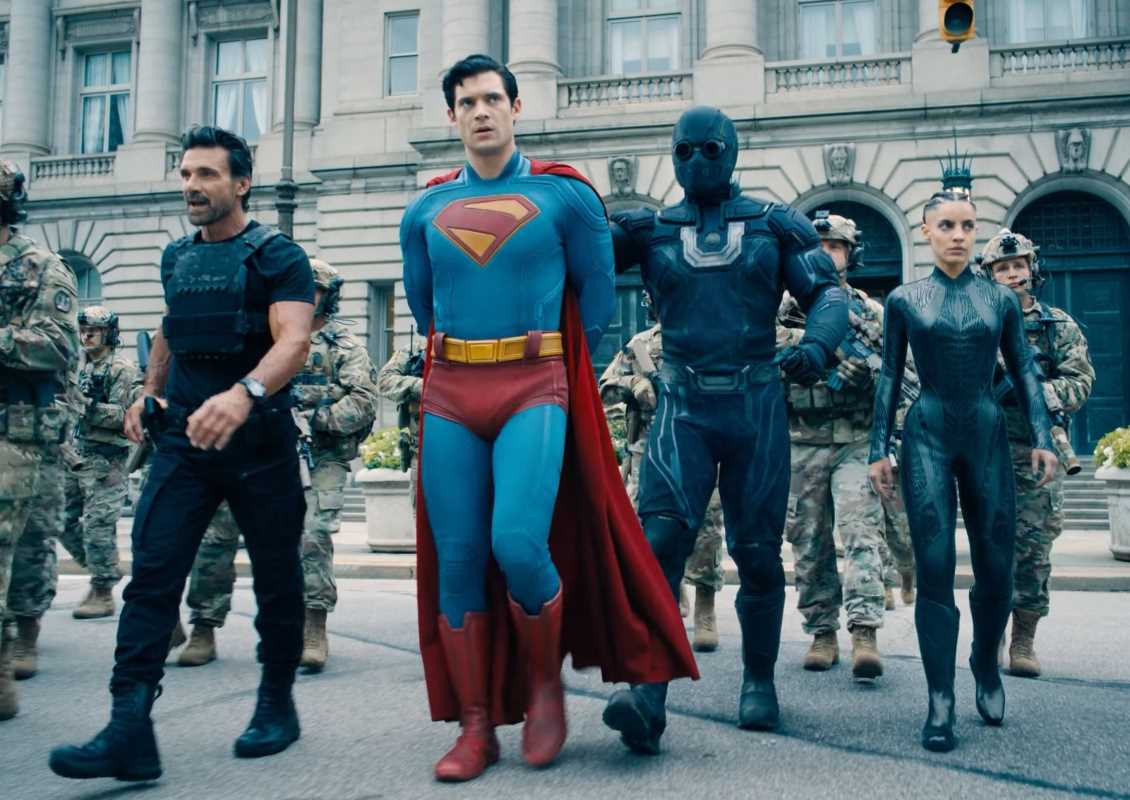Look, I really wanted to love "Godkiller." The premise had me practically vibrating with excitement – a fantasy world where mortals can actually take down deities? Sign me up! Unfortunately, this book is like that friend who talks a big game but then shows up to the party wearing mismatched socks and carrying a half-dead houseplant as a gift. It's not terrible, but honey, it's not great either.
The Setup That Had Me Hooked (Briefly)
Let's start with what "Godkiller" gets right, because credit where credit's due. The central concept is genuinely compelling: in a world where gods meddle in mortal affairs like your annoying neighbor who won't stop giving unsolicited gardening advice, our protagonist decides enough is enough. The idea of mortals fighting back against divine tyranny? Chef's kiss. The potential for exploring themes of power, rebellion, and what happens when the oppressed finally say "not today, Zeus" had me ready to stan.
The opening chapters do their job well enough. We're introduced to Kissen, our god-slaying protagonist, who's got the kind of tragic backstory that should make you immediately invested in her journey. She's scarred, literally and figuratively, by her encounters with the divine, and she's turned that trauma into her life's mission. So far, so good.
Where Things Start Getting Messy
But then... oh boy, then we get to the actual execution, and that's where this book starts stumbling around like someone trying to walk in heels for the first time. The pacing is more erratic than my sleep schedule during finals week. One moment we're getting deep character introspection, and the next we're thrust into action sequences that feel about as choreographed as a middle school dance-off.
The world-building, which should have been this book's secret weapon, ends up feeling half-baked. We get glimpses of a fascinating magical system and political structure, but never enough detail to fully immerse ourselves. It's like the author kept showing us pretty pictures through a keyhole instead of just opening the door and letting us explore the room properly.
Character Development (Or Lack Thereof)
Here's where I need to get a little spicy, because the character work in "Godkiller" is frustrating in the way that only wasted potential can be. Kissen has all the ingredients to be an amazing protagonist – she's got the motivation, the skills, and the attitude. But somehow, she never quite develops beyond her initial setup. She's angry about gods, she kills gods, rinse and repeat. Where's the growth? Where are the moments that make us understand her as more than just a divine hit-woman with daddy issues?
The supporting cast fares even worse. Inara, who should be a compelling counterpoint to Kissen's cynicism, reads more like a walking plot device than an actual person. Her naivety is supposed to challenge Kissen's worldview, but instead it just comes across as irritating. And don't even get me started on Skedi – a god trapped in the body of a house spirit who somehow manages to be both overpowered and completely useless whenever the plot demands it.
The relationships between these characters never quite gel. Their banter feels forced, like the author read somewhere that "witty dialogue equals good character chemistry" and decided to slap some quips on top of fundamentally hollow interactions. Chemistry can't be manufactured, folks, and these characters have about as much natural rapport as oil and water.
Plot Holes You Could Drive a Chariot Through
The plotting is another area where "Godkiller" stumbles harder than someone walking into a glass door. The central quest – stopping a god from being resurrected – should create natural tension and urgency. Instead, we get a journey that feels meandering and unfocused. Characters make decisions that seem to exist purely to move the plot forward rather than because they make sense for who these people are supposed to be.
The magic system, which should provide clear rules for how god-killing actually works, remains frustratingly vague. Sometimes Kissen's weapons can hurt gods, sometimes they can't, and the reasons for this inconsistency are about as clear as mud. Consistency matters, especially in fantasy where readers need to understand what's possible and what isn't.
The Writing Style That Couldn't Quite Decide What It Wanted to Be
The prose in "Godkiller" suffers from an identity crisis. Sometimes it tries to be lyrical and poetic, other times it goes for modern and snappy, and occasionally it attempts something more traditional and epic. Pick a lane, please! The constant shifting in tone and style makes the reading experience feel disjointed, like listening to a playlist where someone randomly mixed classical music with death metal and pop punk.
The dialogue, in particular, swings wildly between trying too hard to be clever and being so on-the-nose it hurts. Characters have a tendency to exposition-dump at each other rather than having natural conversations, which makes every interaction feel stilted and artificial.
What Could Have Saved This Book
The most frustrating thing about "Godkiller" is how easily its problems could have been fixed. Give us more time with these characters so we can actually care about them. Develop the world-building beyond surface-level cool concepts. Create consistent rules for how magic and god-killing work. Most importantly, trust your readers to handle complexity – we don't need every theme spelled out for us like we're reading a middle-grade novel.
The book needed either more time in development or a more experienced editorial hand. The bones of a great story are absolutely there, but they're buried under pacing issues, underdeveloped characters, and a plot that can't seem to figure out where it's going.
The Verdict: Divine Potential, Mortal Execution
Here's the thing – I don't hate "Godkiller." It's not aggressively bad, which honestly might be worse than if it were completely terrible. Bad books can at least be entertaining in their badness. This is just... disappointing. It's the literary equivalent of ordering your favorite dish at a restaurant and getting something that looks right but tastes like the chef forgot to add any seasoning.
If you're someone who can overlook significant pacing issues and character problems for the sake of cool concepts and decent action scenes, you might find something to enjoy here. The god-killing premise is genuinely interesting, and there are moments where the book's potential shines through its problems.
But if you're looking for well-developed characters, tight plotting, and world-building that actually builds rather than just hints at greatness, you're probably better off looking elsewhere. There are plenty of fantasy novels that tackle similar themes with much more skill and finesse.
"Godkiller" isn't divine inspiration – it's more like divine mediocrity with delusions of grandeur. Sometimes that's enough, but in a genre filled with genuinely excellent books, "enough" just doesn't cut it anymore.
Rating: 5/10 – Has potential but fails to deliver on its promises. Proceed with tempered expectations.
 (Image source: HarperCollins)
(Image source: HarperCollins) 

.jpg)



